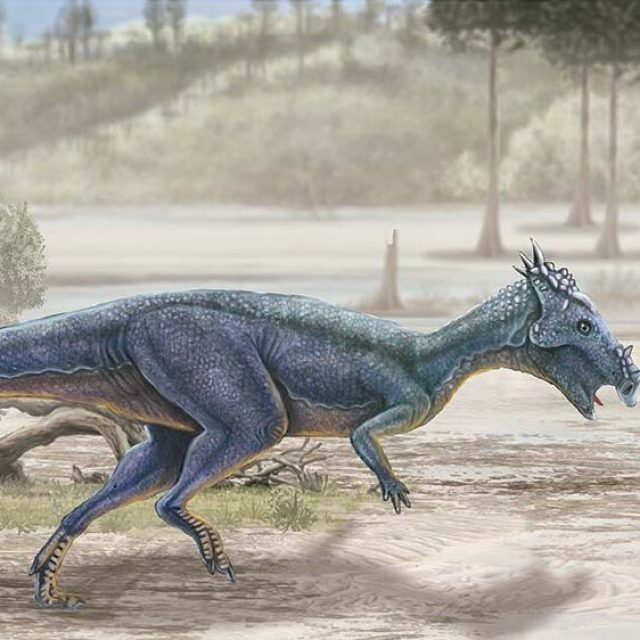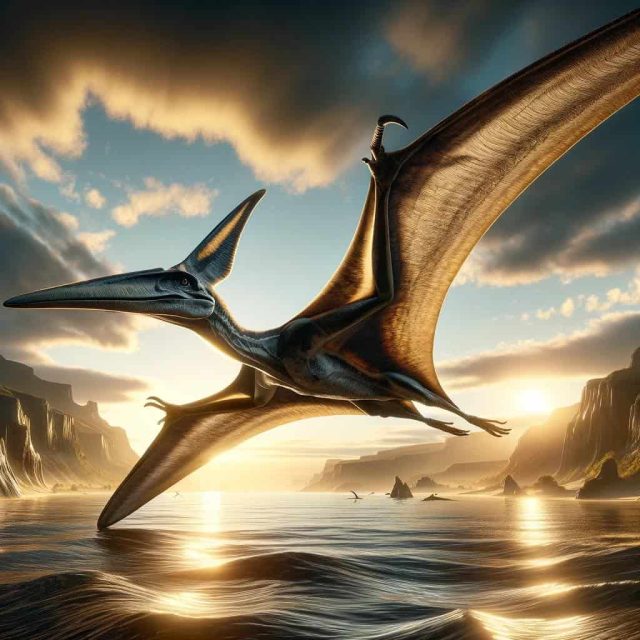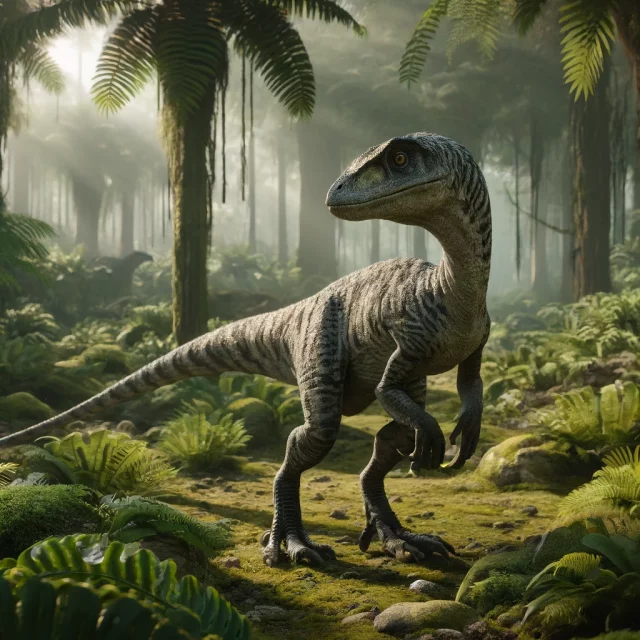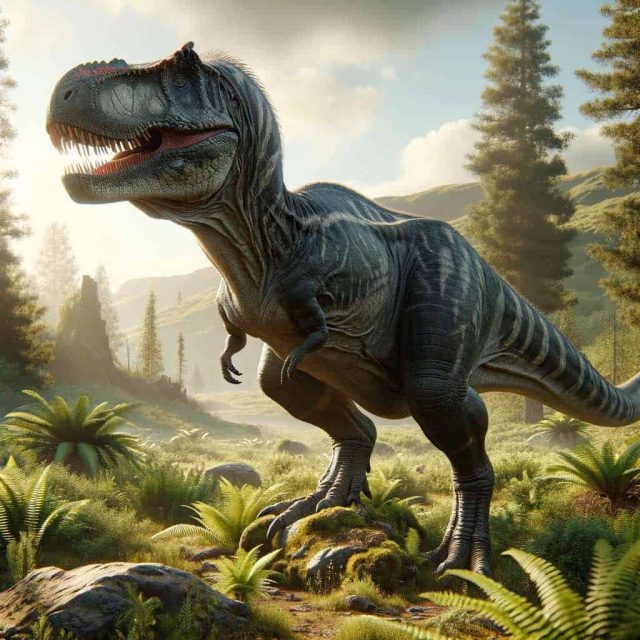Its name means armored reptile. It was well protected and well armed. Its thick skin was studded with hundreds of bony plates of different sizes, and its great tail mace could strike hard enough to shatter bones. Brain cavity analysis indicates that the most developed part of its brain was dedicated to its sense of smell.
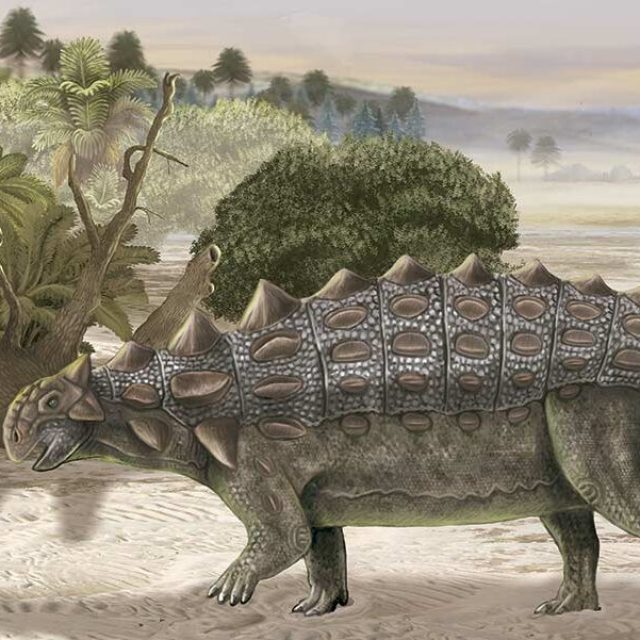
Ankylosaurus
Family
ornitisquios
Era
Cretácico tardío, hace unos 70-65 millones de años
Where he lived?
Oeste de EE. UU. (Montana) y Canadá (Alberta), y cerca de Sucre (Bolivia).
Weight
7.000Kg
Height
1,7m
Length
7m
see more dinosaurs
plan your visit


